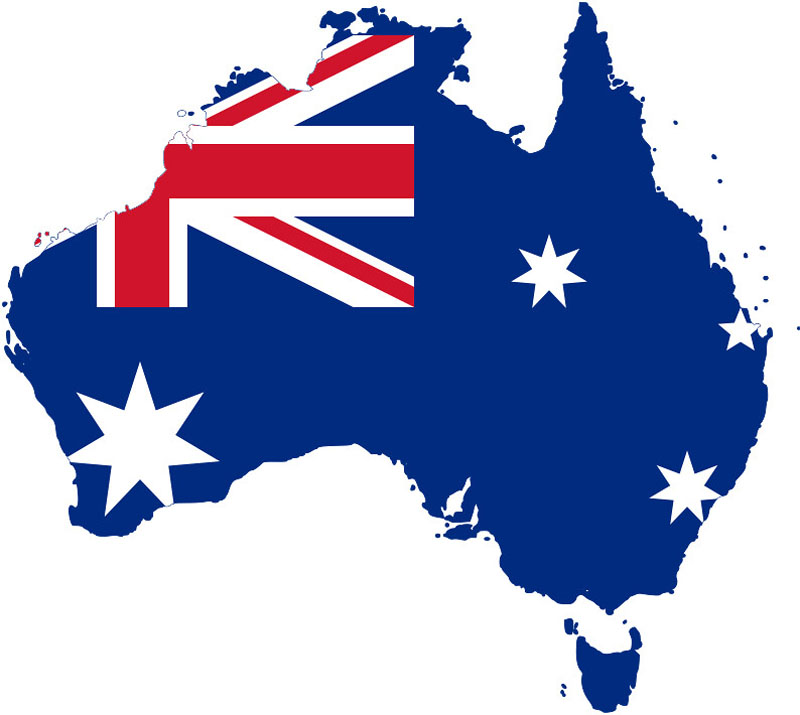

The Australian government has been urged to launch health campaigns to address COVID-19 vaccine hesitancy among people from culturally and linguistically diverse backgrounds.
Australian Multicultural Community Services (AMCS) recently warned that Australia would struggle to reach the desired level of COVID-19 immunity without coordinated campaigns aimed at the communities.
“So far there has not been adequate communication through reliable sources from government,” Elizabeth Drozd, chief executive of the AMCS, told News Corp Australia.
She said that older Australians from non-English speaking backgrounds were more likely to be influenced by advice from community leaders and their doctors than by internet campaigns.
“Seniors rely on friends and support networks for information, and GPs are also often a source of trust and reliable medical advice,” she said.
“Then there’s the issue of religious and faith leaders who can play a very positive role if they’re sending the right message, and the opposite if they’re not.”
A survey conducted by Australian National University (ANU) researchers in May found that about 44.8 percent of people from multicultural non-English speaking communities said they would definitely get a “safe and effective” vaccine.
“There is a real need from a policy perspective to make sure messages are consistent and sensitive to concerns of these communities,” Nicholas Biddle, the lead author of the report, said at the time.
As of Tuesday afternoon, there had been 30,366 confirmed cases of COVID-19 in Australia, and the numbers of locally and overseas acquired cases in the last 24 hours were five and four respectively, with one extra case under investigation, according to the latest figures updated on Tuesday evening from the Department of Health.